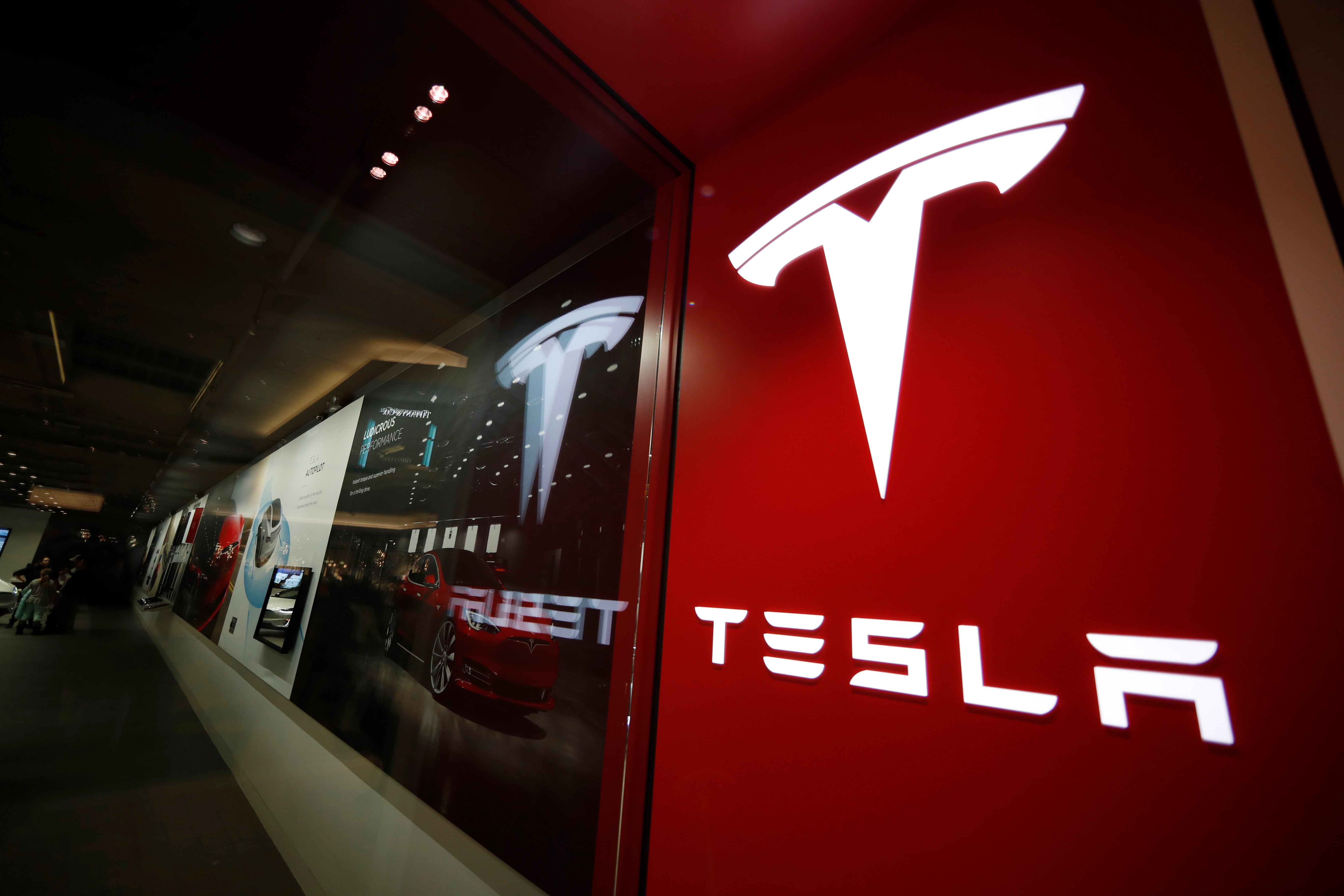We will all be driving electric cars eventually – what matters is the pace of change
In five years’ time there may be zero benefit to having been the first mover, writes Hamish McRae – as everyone else will have caught up


Can Apple do to transport what it did to telecommunications? Can Tesla retain its brand value when all the world’s cars are electric? Can Jaguar Land Rover make the transformation to all-electric vehicles?
There are a string of questions hanging over the global motor industry, but one thing has become absolutely clear: everything goes electric. Jaguar Land Rover’s announcement that it will switch entirely by 2025 bows to the inevitable.
The only issue will be the pace of change, and every day that passes seems to shorten the time horizon. Of course, every shift such as this takes a while to feed through – the average age of light vehicles on US roads is about 12 years – but we have to accept that all the engineering skills that have gone into refining the engines and drive-chains of the internal combustion era will be redundant.
So where will competition be? How will manufacturers differentiate their products from the rest of the pack?
Here is where the Apple project becomes interesting. There are a string of stories, rumours and denials emerging. Nissan was reportedly approached by Apple for collaboration, but is said to have rejected the advance. The project appears to be moving forward, however, with the twist that Apple is seeking to develop self-driving vehicles that truly do everything a human driver can do – the holy grail of the automotive world.
So too is Tesla. It currently offers autopilot, but it stresses: “Autopilot is a hands-on driver assistance system that is intended to be used only with a fully attentive driver. It does not turn a Tesla into a self-driving car nor does it make a car autonomous.”
There’s the nub: we know the world will move to electric cars; we do not know whether it will go to self-driving ones. The first has huge implications for the environment, for manufacturing and servicing infrastructure, and for employment – but it does not change the relationship between human beings and vehicles; we will still have to drive them. The second utterly changes the way we will think of a car. If you don’t need to know how to drive but can just tap in where you want to go, that transforms human mobility.
What does this mean in business terms? Well, obviously success in the race to create electric cars will be won by those that can provide style, performance and reliability at the most competitive prices. Tesla is currently winning that race, but its competitive advantage will diminish when all cars are electric.
In five years’ time, there may be zero benefit to having been the first mover, since everyone else will have caught up. I am sure that Tesla will survive as a brand – Elon Musk’s genius will see to that – but I am not sure it will survive as an independent enterprise.
From a European perspective (and indeed a UK one) the challenge will be to remain the premium producer. Much of its expertise will be redundant. It is not clear that Europe can match Asia in battery development or cost control. It will hold on to the luxury end of the market, but may be unable to compete in the mass market. It is plausible that most of us will buy our cars from China, though Chinese manufacturers may choose to build local assembly plants rather as the Japanese did from the 1980s onwards.
The most interesting question, however, will be how our relationship with cars will change. The love affair has clearly cooled; will it cool further? The German automotive supplier Bosch thinks that the world may have reached peak car production. If that is right, we may be moving to a utilitarian relationship with the motor car, rather as we have with trains, buses and aircraft.
Or maybe Apple will change everything, as it did with the iPhone, by spotting something that we want from vehicles before we really know we want it – and then creating the device that does the job.
Apple knows how to make objects beautiful, but maybe its great contribution will be in the combination of the software and the hardware: a car that knows where you want to go and somehow makes the journey a pleasure rather than a chore. If it succeeds, the world will follow.




Join our commenting forum
Join thought-provoking conversations, follow other Independent readers and see their replies
Comments